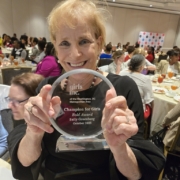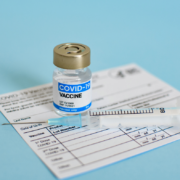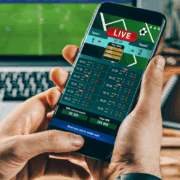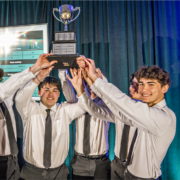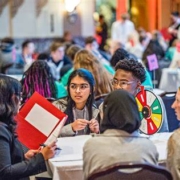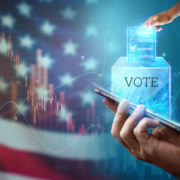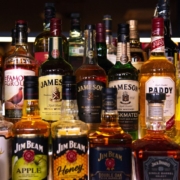NCL CEO Sally Greenberg Honored at Girls Inc. DC Champion for Girls Luncheon
Media Contact: Lisa McDonald, Vice President of Communications, 202-207-2829
Washington, DC — The National Consumers League (NCL) is proud to announce that CEO Sally Greenberg will be recognized at the 3rd Annual Champion for Girls Luncheon hosted by Girls Inc. DC. The event, held on Tuesday, October 7, 2025, at The Ritz-Carlton West End, celebrates leaders who champion the rights, opportunities, and futures of girls and young women.
“I am deeply honored to receive the Bold Award from Girls Inc. DC,” said NCL CEO Sally Greenberg. “Girls Inc. has been a beacon of empowerment and hope for generations, and I am inspired by the incredible work they do to uplift and support young women. Our girls hold the promise of tomorrow, and ensuring they have every opportunity to thrive is one of the most important investments we can make as a nation.”
“For more than 150 years, Girls Inc. has inspired girls to be strong, smart, and bold—providing mentorship, advocacy, and life-changing programs that empower the next generation of leaders,” said Joi Cheney, GIDC Board Member, Immediate Past Chair Founder & Principal, J.O.I. Strategies. “Sally Greenberg exemplifies those values through her fearless advocacy for consumers, women, and families. Her leadership, integrity, and bold voice for equity make her a natural choice for this honor.”
###
About the National Consumers League (NCL)
The National Consumers League, founded in 1899, is America’s pioneer consumer organization. Our mission is to protect and promote social and economic justice for consumers and workers in the United States and abroad. For more information, visit www.nclnet.org.

